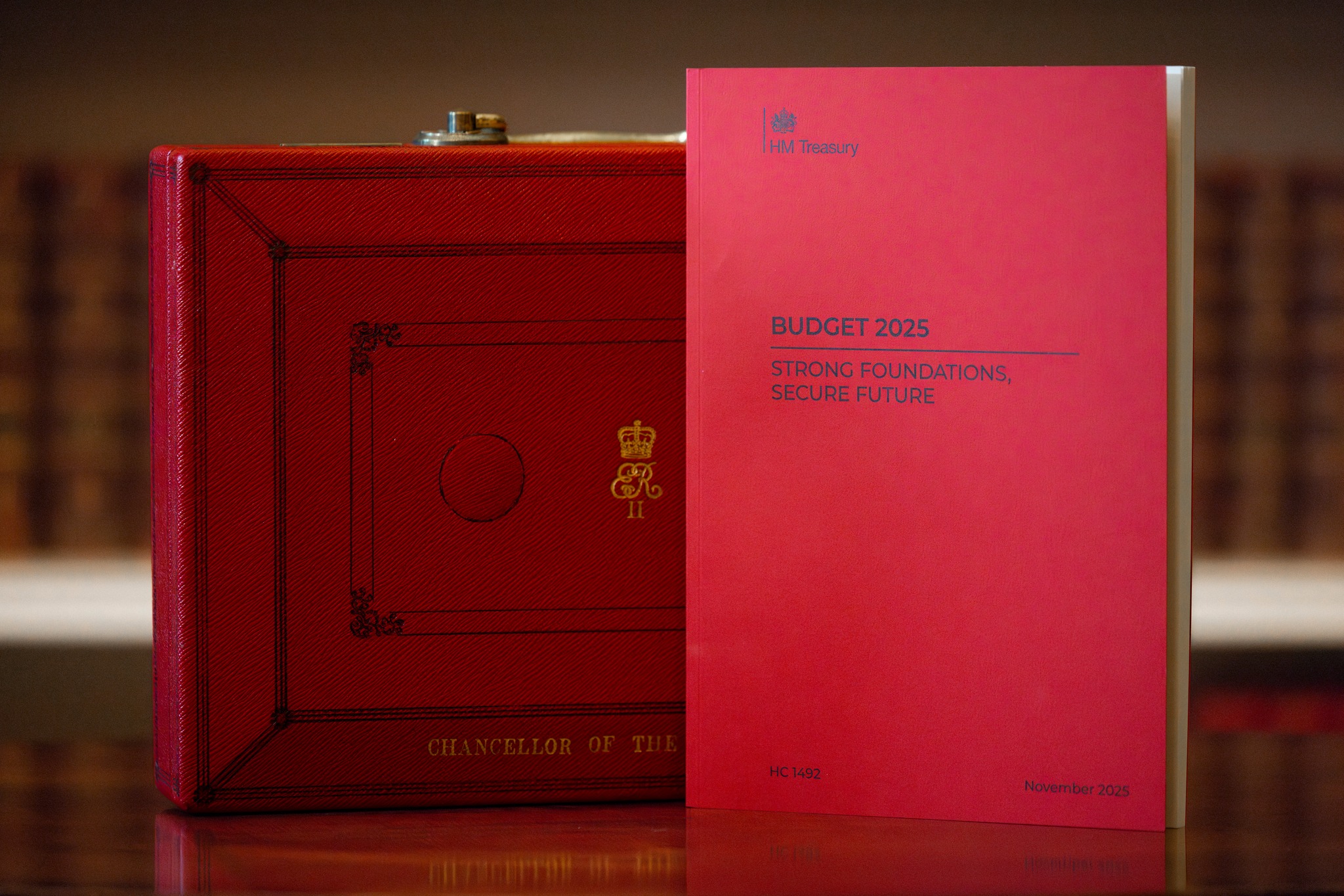As part of a "green industrial revolution", recent government news has sparked a change in the way the UK will be shopping for and driving their cars in the not-to-distant future. Outlined by Prime Minister Boris Johnson, the new petrol car ruling means that all ‘new cars and vans powered wholly by petrol and diesel will not be sold in the UK from 2030’. Five years earlier than originally stated, the step is a substantial green foot forward and means some big changes in the automotive industry.
What steps are being taken to help make the transition?
To help make the move from fossil-fuel vehicles to all-electric cars (EVs) and hybrid vehicles (PHEVs), the government is investing a hefty £1.3 billion into EV charging points across the country. These include streets, motorways, and homes.They are also ploughing a further £582 million into grants to help people into EVs and PHEVs and £500 million in battery development and mass production. Not forgetting the huge £525 million that’s being set aside for nuclear power plants. These will be put in place to help meet the growing demand for electricity as a result of the new ruling.
What stands in the way?
Some have cited the plans as falling short of what is required in order to make the change happen, saying good intentions will not alone bring the plans into place. One of the ways in which critics are responding to the petrol car ruling is when it comes to the costs involved with such a large scale project. Many suggest the £4 billion that’s been allocated to carry out the government’s 10-point plan is much too small to tackle the challenge.There are also fears over the number of charging points available to charge electric cars, with 11,000 places in the UK currently on offer. In order to match the demand of the rapidly rising number of EVs and PHEVs out on the road, it has been calculated that roughly 25 million charging ports will need to be installed, and in quick succession.While consumers will still be able to buy a second-hand petrol or diesel car in 2030, another concern is to do with the lack of a UK-wide scrappage scheme in place for petrol and diesel cars. In order to help reduce Co2 emissions, it has been announced by London Mayor, Sadiq Khan, that a £25m scrappage scheme will be put in place to remove fossil-fuelled cars from its streets. However, the current plans have not indicated if and when this will extend beyond the capital.
What unforeseen consequences could emerge as a result of the initiative?
While the positives to come out of the petrol car ruling are associated with tackling the climate emergency, air pollution and the creation of 250,000 jobs in industries such as nuclear energy, as with any well-intentioned scheme, there are reservations surrounding the potential outcomes of implementing this, both generally and within the deadlines outlined. Carlos Tavares, Chief Executive Officer of French group PSA, which includes Peugeot, Citroen, and British car maker Vauxhall has voiced his concerns, stating, ‘if, in 10 or 20 years, something new happens and (the government) figure out they have selected the wrong technology, the costs to society are going to be enormous.’Speaking at the launch of the Peugeot 208 and e-208, the CEO also raised concerns around the associated tax issues of the petrol car ruling and of going all-electric. In Europe alone, €448bn is raised annually from tax on petrol and diesel, which will have to be found elsewhere if drivers move to electric.There is also a much smaller second-hand market for electric cars. Currently, they make up less than 1% of the total number of cars on UK roads. Some experts have therefore suggested a more radical approach is needed. Taking inspiration from the Norweigan automotive industry, this could come in the form of zero VAT on electric cars, helping to increase demand.
FAQs

Can we help your business?
Book a free consultation with our expert R&D funding advisors today. We specialise in helping innovative businesses like yours unlock millions in government funding, specifically allocated to fuel your innovation. Let us help your business access the support it deserves.









.svg)


